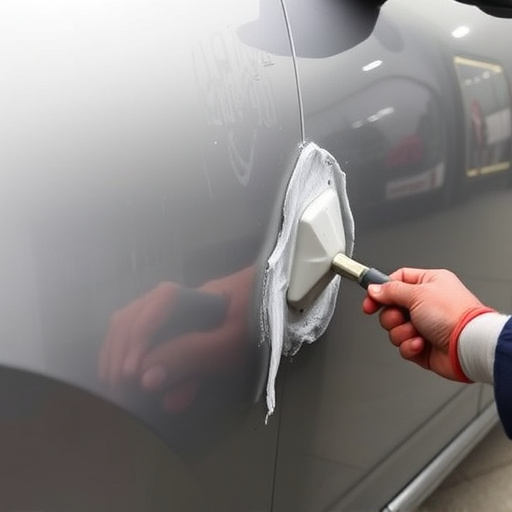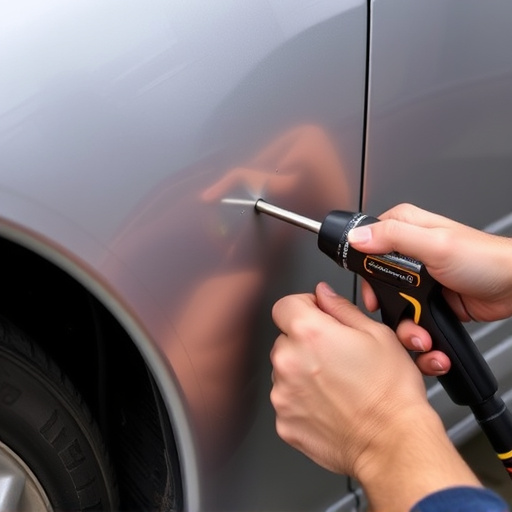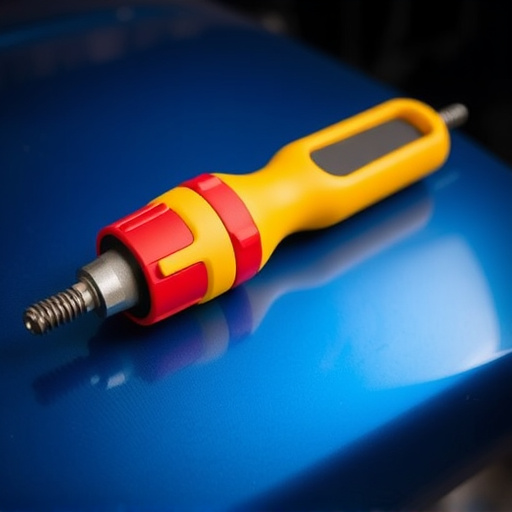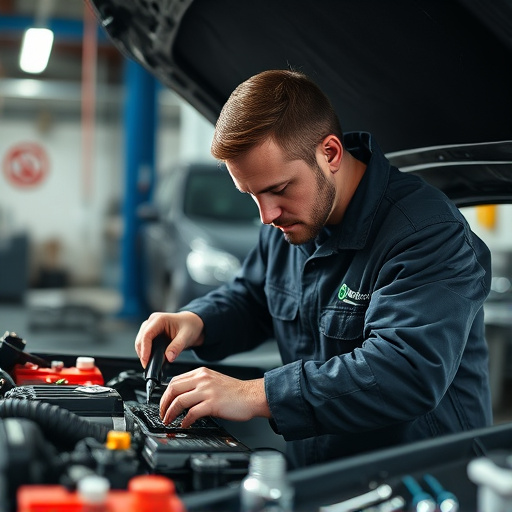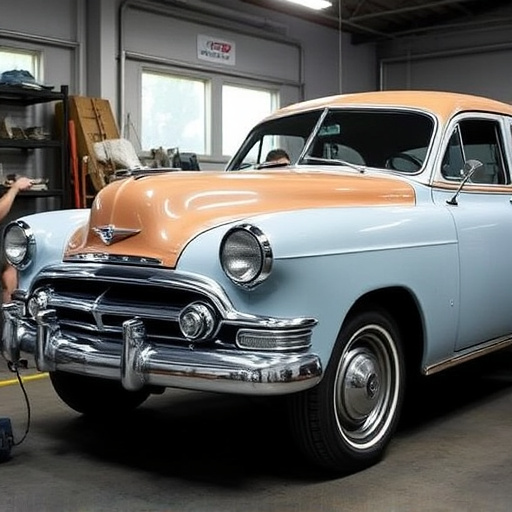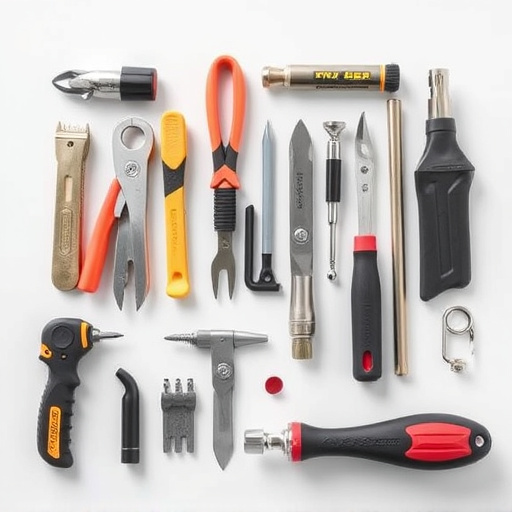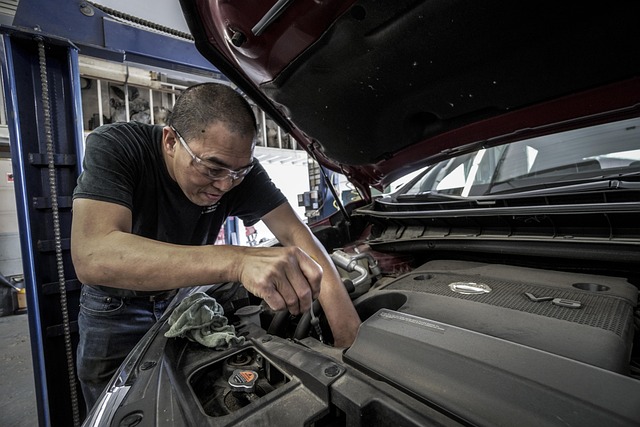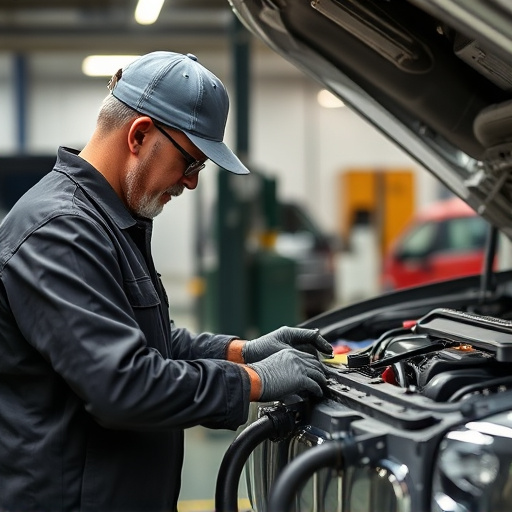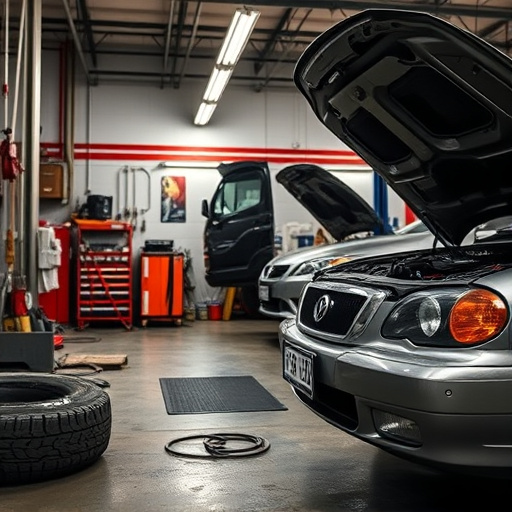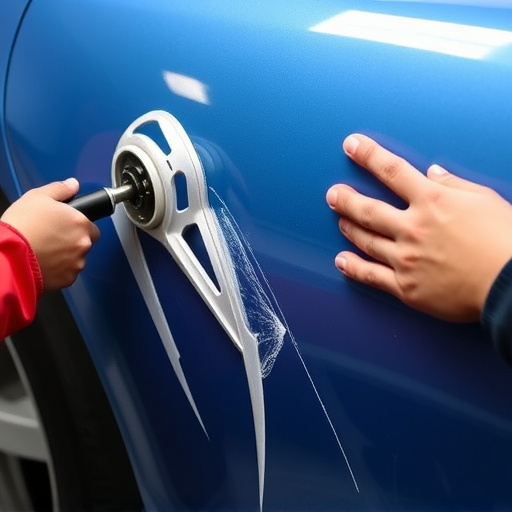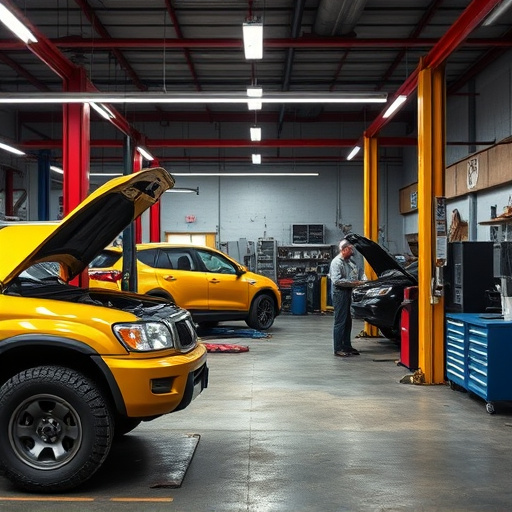Insurance repair warranties protect car owners from unexpected repairs due to manufacturing defects or issues within a specified period. While they cover labor and parts for eligible repairs like body shop services, understanding terms and conditions is crucial as exclusions include routine maintenance, accident-related damage, neglect, and unauthorized alterations. Core coverage areas focus on accident-related part repairs, labor costs, and mechanical failures. Selecting the optimal insurance repair warranty involves evaluating vehicle make and model, comparing warranties tailored to needs, considering cost vs. benefits, and looking for plans with clear exclusions for both major and minor repairs.
“Unsure about what to expect from a dealership repair warranty? This comprehensive guide breaks down everything you need to know. We explore the ins and outs of these warranties, including key coverage areas and common exclusions. Learn how to choose the right plan for your vehicle’s needs, ensuring peace of mind and quality repairs. Discover the benefits of an insurance repair warranty and navigate your options with confidence.”
- Understanding Dealership Repair Warranties
- Key Coverage Areas and Exclusions
- Choosing the Right Warranty Plan for You
Understanding Dealership Repair Warranties
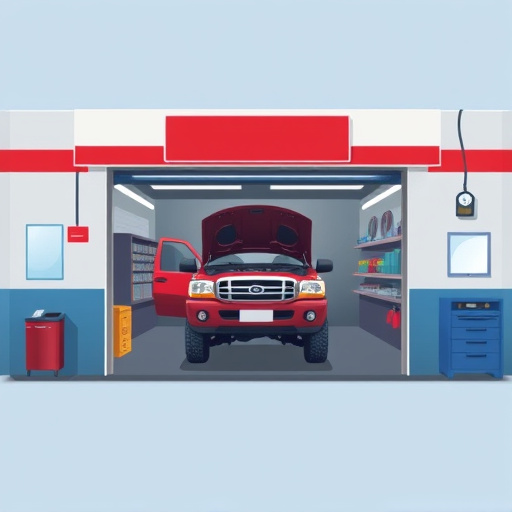
Dealership Repair Warranties offer a layer of protection for vehicle owners, ensuring that specific repairs are covered after purchase. These warranties are designed to provide peace of mind by compensating for unexpected repairs, usually related to manufacturing defects or issues that arise within a specified period. When you bring your car to a dealership for service, they may offer an insurance repair warranty as an added benefit. This warranty typically covers labor and parts for eligible repairs, such as body shop services for fender repair or automotive body work.
Understanding the terms and conditions is crucial. Dealership warranties often have specific exclusions and limitations, so it’s important to review what’s covered and what isn’t. For instance, some policies may not include routine maintenance or damage caused by accidents or neglect. Knowing these details allows you to make informed decisions about which dealership services and repair options are best for your vehicle’s long-term health.
Key Coverage Areas and Exclusions
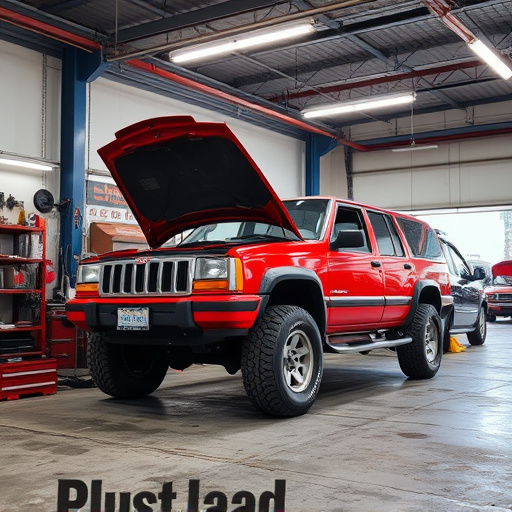
When evaluating an insurance repair warranty, understanding the key coverage areas is essential. These warranties typically cover a range of services related to vehicle restoration and car collision repair. This includes repairs or replacements for parts damaged during an accident, as well as labor costs associated with the fix. Many policies also extend protection to components affected by mechanical failures or normal wear and tear over time. However, it’s crucial to be aware of exclusions, which vary among providers. Common exclusions may include cosmetic repairs, routine maintenance services, and damage caused by neglect or alterations made without the insurer’s consent.
Key coverage areas often encompass structural integrity, engine performance, and safety systems, ensuring that your vehicle is restored to its pre-accident condition. In contrast, collision centers typically handle a wide array of repairs, from body panel replacements to intricate computer system recalibrations. An insurance repair warranty should clearly define the scope of these services, offering peace of mind during what can be a stressful process—ensuring that your car collision repair is handled competently and with minimal out-of-pocket expenses.
Choosing the Right Warranty Plan for You
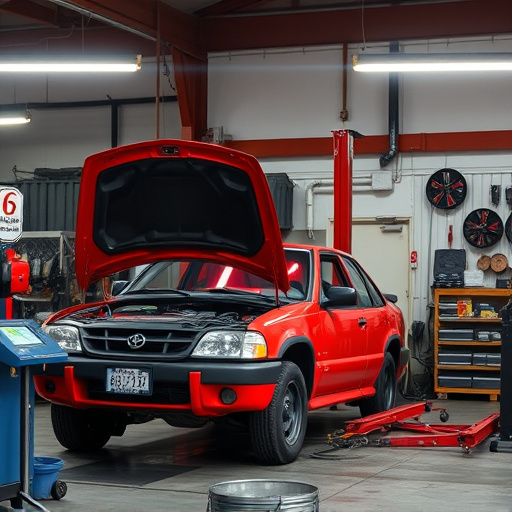
Choosing the right warranty plan is a crucial step when it comes to protecting your investment after a dealership repair. Consider your vehicle’s make and model, as some manufacturers offer extended warranties that cater specifically to their vehicles. This can be advantageous if you’re planning long-term ownership. Compare different insurance repair warranties on the market; look for coverage that suits your needs, whether it’s for routine maintenance or specific services like vehicle paint repair.
Remember, a comprehensive warranty should provide peace of mind and financial security. Assess the cost versus the benefits, especially when considering fleet repair services. Some plans might offer discounts for bundling or have exclusions for pre-existing conditions. Choose a plan that aligns with your budget and guarantees coverage for both major and minor repairs to keep your car in top shape over time.
When considering an insurance repair warranty, understanding what coverage options are available is key. By familiarizing yourself with the key coverage areas and exclusions, you can make an informed decision on the best warranty plan that suits your needs. Remember, a good warranty can provide peace of mind, ensuring quality repairs and protection against unexpected costs.

